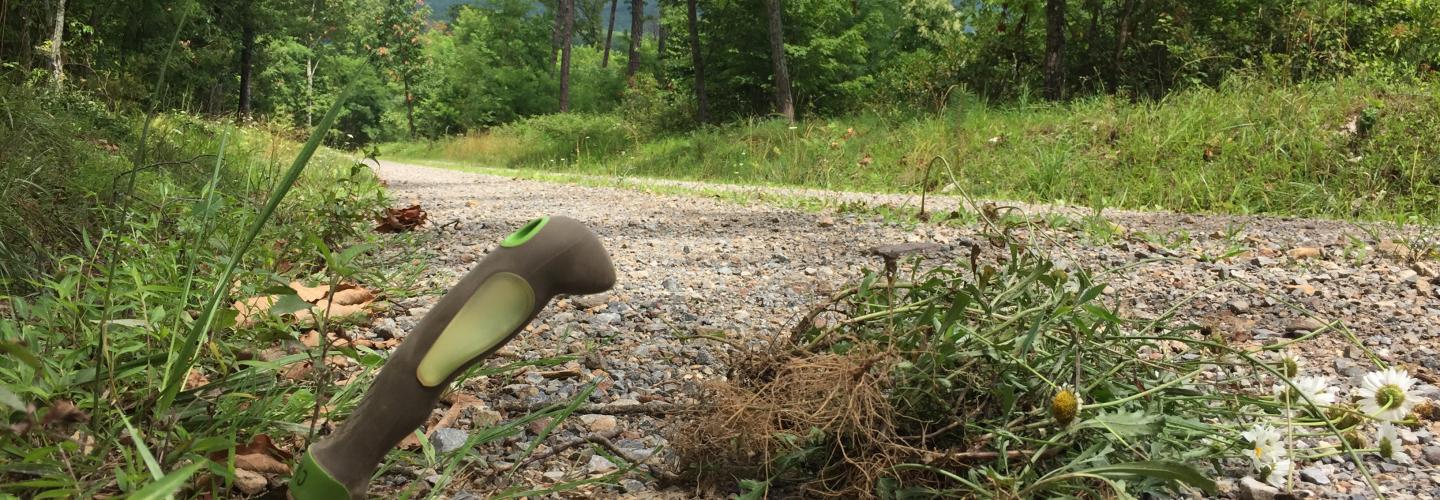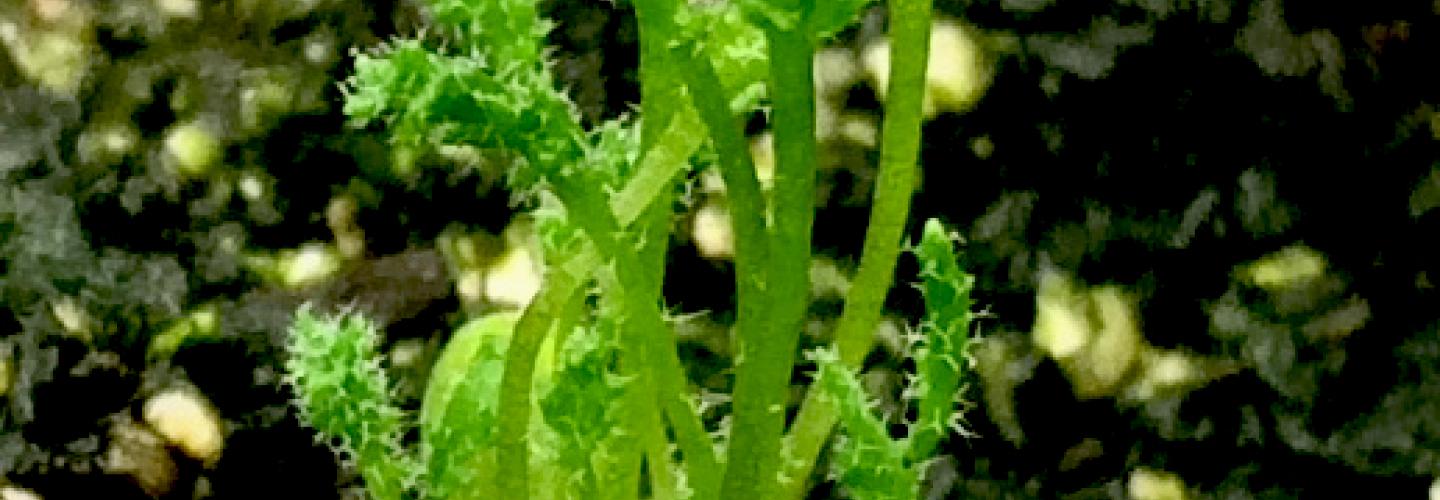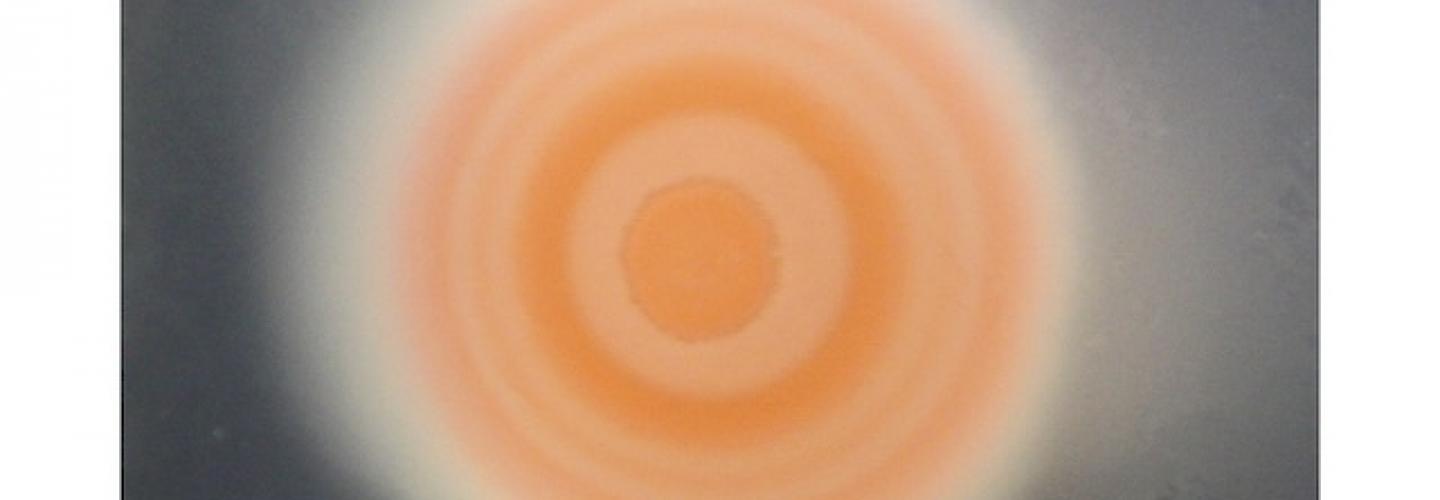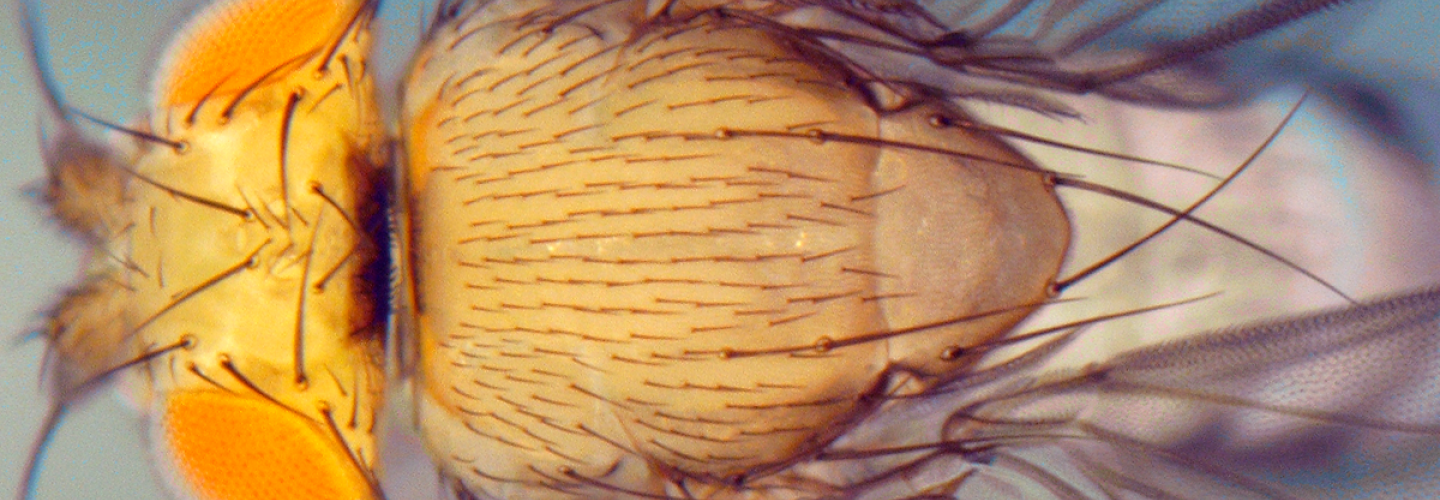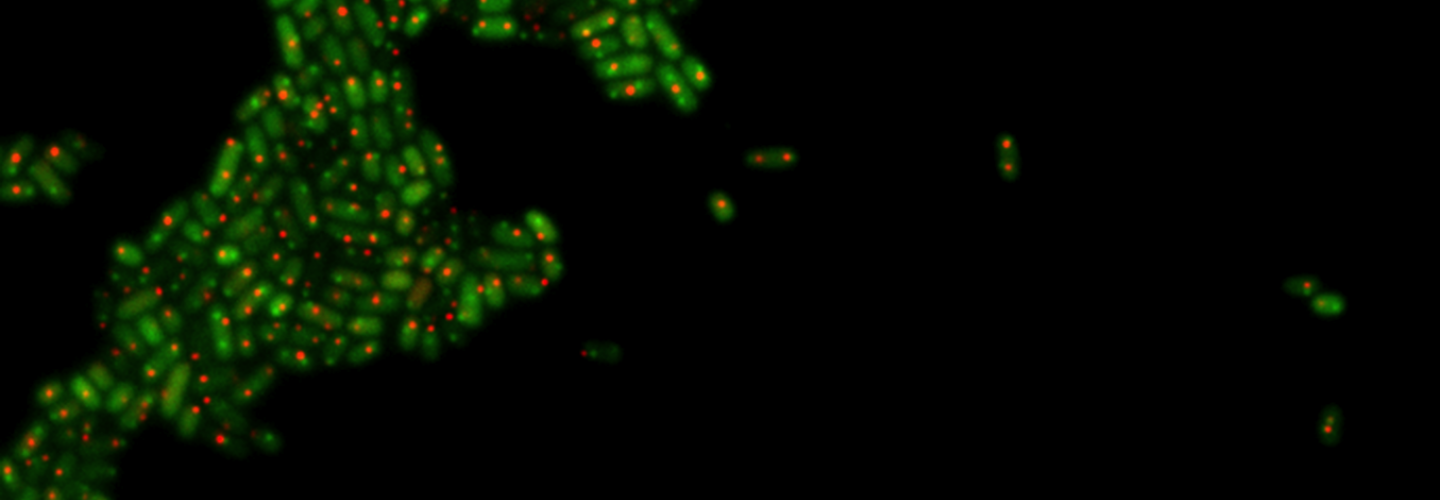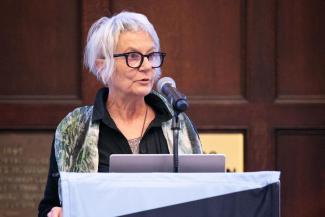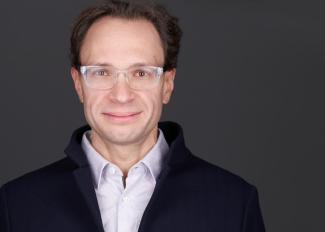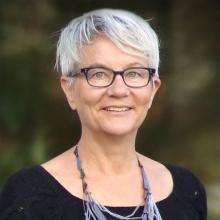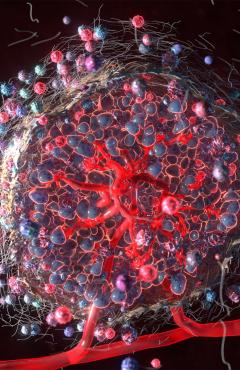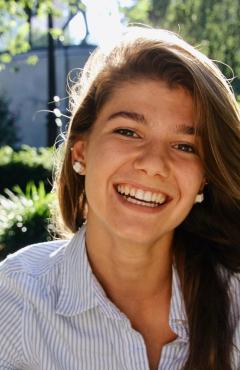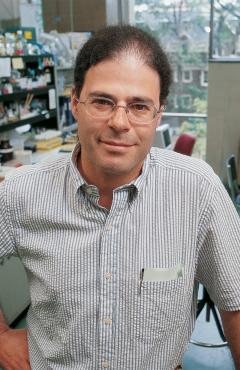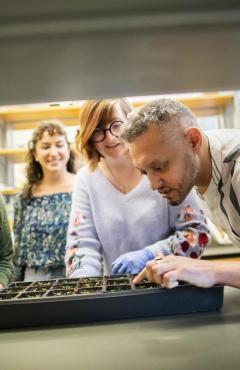Biology is fundamental to our changing world. The 21st century challenge for our students, our scholars, and the greater society is to understand our place in this changing world and to create fundamental knowledge for informed policies, economies, and social structure.
Upcoming Events
Curvature dynamics of biomembranes: role of membrane viscosity and interleaflet friction
Petia Vlahovska, Northwestern University
Abstract:
Lipid bilayers are the main structural component of the membranes that shape and compartmentalize cells. Cell architecture is highly dynamic and…
The evolution of immunity and pathogenesis within environmental battlegrounds
Dr. Tera Levin, University of Pittsburgh
Abstract; New infectious diseases routinely emerge from natural reservoirs, with sometimes devastating consequences on human populations. How does this happen? Specifically, what events within natural…
News
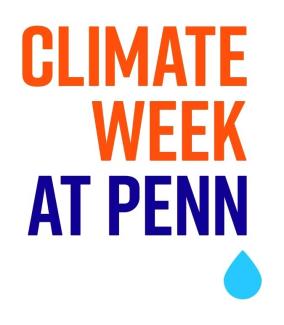
1.5 Minute Climate Lectures
Oct. 16, 2024
Read More
Penn Science Cafe - Plants on a Warming Planet
Sep. 25, 2024
Read More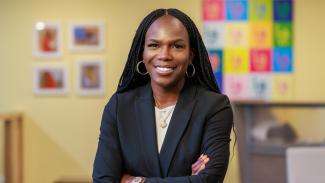
Memories and Manifestos
Aug. 8, 2024
Read More
Cancer's tricks
Wei Guo of the School of Arts & Sciences and colleagues from the Perelman School of Medicine, School of Veterinary Medicine, and School of Engineering and Applied Science have teamed up to uncover how solid tumors manipulate cancer-fighting CAR T cells through extracellular vesicles. This causes the engineered CAR T cells to commit fratricide, essentially turning against each other instead of attacking the cancer.Marcelina Martynek awarded Penn Global Dissertation Grant
The Penn Global Dissertation Grants program is designed to enhance global components of dissertation research for the graduate student community. In partnership with the Vice Provost for Education, this program awards up to $8,000 to selected Ph.D. candidates to broaden their international dissertation research and leverage opportunities for careers in global leadership. This is the second year of the program, after a successful launch in 2024.Cindy Nguyen, a Model of Excellence
Cindy Nguyen, an information technology support specialist in SAS, is the go-to person for institutional knowledge and serves as a pivotal member of the knowledge management team in SAS Computing. Cindy has solidified many new standard processes and stands out as an excellent example of genuine dedication to the community. She embodies the goal of helping researchers get their work done.Professor David Roos awarded the 2025 Rudolf-Leuckart Medal
The University of Pennsylvania and the School of Arts and Sciences is proud to announce that the German Society for Parasitology has awarded Professor David Roos the 2025 Rudolf-Leuckart Medal. The Rudolf-Leuckart Medal is their society's highest honor, awarded to internationally renowned researchers who have distinguished themselves through significant work in parasitology.From one gene switch, many possible outcomes
A team of researchers led by Aman Husbands of the School of Arts & Sciences has uncovered surprising ways transcription factors—the genetic switches for genes—regulate plant development, revealing how subtle changes in a lipid-binding region can dramatically alter gene regulation.

